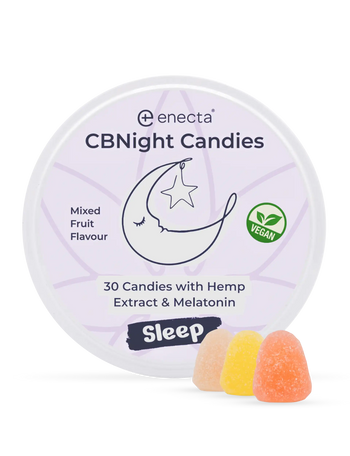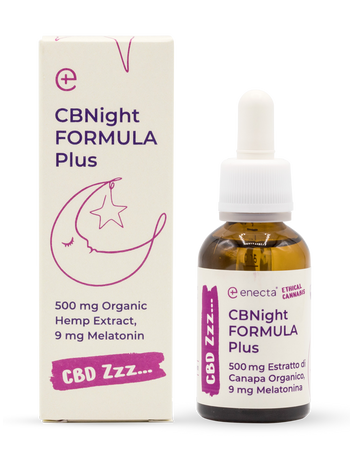As early as 2007, a team from the Department of Pharmacology and Toxicology at the School of Medical Sciences, University of Otago (in New Zealand) had uncovered the first clues of a possible link between tinnitus and cannabinoid receptors.
The study, conducted on an animal model, demonstrated that rat neurons possess CB1 cannabinoid receptors. Researchers observed that in cases of tinnitus, the number of principal neurons in the ventral cochlear nucleus (located within the ear) expressing CB1 receptors significantly decreased, while the number of CB-positive principal neurons in the dorsal cochlear nucleus did not change significantly.
These findings suggested that CB1 receptors in the cochlear nucleus could be important for auditory function and that a decrease in CB1 receptors in the ventral cochlear nucleus might be related to the development of tinnitus.
The researchers went further, and years later - in 2015 - they published another study on tinnitus, based on the hypothesis that suggested considering tinnitus as a form of sensory epilepsy, resulting from neuronal hyperactivity in the auditory regions of the brain, such as the cochlear nucleus and the inferior colliculus. Moreover, although there is currently no effective pharmacological treatment for tinnitus, antiepileptic drugs are used in some cases as a potential treatment option.
There is growing evidence suggesting that cannabinoid drugs, that is, cannabinoid receptor agonists, may also have antiepileptic effects, at least in some cases and in certain parts of the brain.
It has been reported that CB1 cannabinoid receptors and the endogenous cannabinoid, 2-arachidonoylglycerol (2-AG), are expressed in the cochlear nucleus and are involved in regulating plasticity. The researchers thus presented a complex question: whether cannabinoid receptor agonists are likely to be pro- or antiepileptic in the cochlear nucleus and therefore whether cannabinoids and Cannabis itself could improve or worsen tinnitus.
Months later, during subsequent investigations into cannabinoids and tinnitus, the researchers obtained a contrasting result in another animal model. After administering cannabinoids to rats affected by tinnitus, they observed that cannabinoids actually encouraged the development of tinnitus, especially when pre-existing hearing damage was present.
According to research, CBD is taken by some tinnitus patients to alleviate the constant state of anxiety and stress resulting from this persistent and recurring discomfort.
The scientific perspective on the relationship between tinnitus and cannabis may open up new insights into the mechanism of interaction with cannabinoids.










































